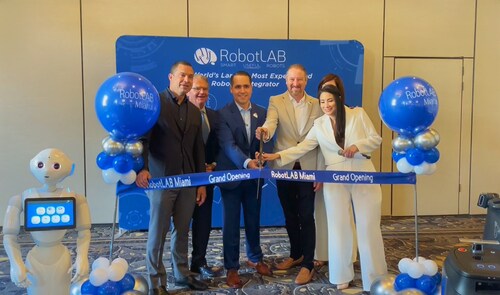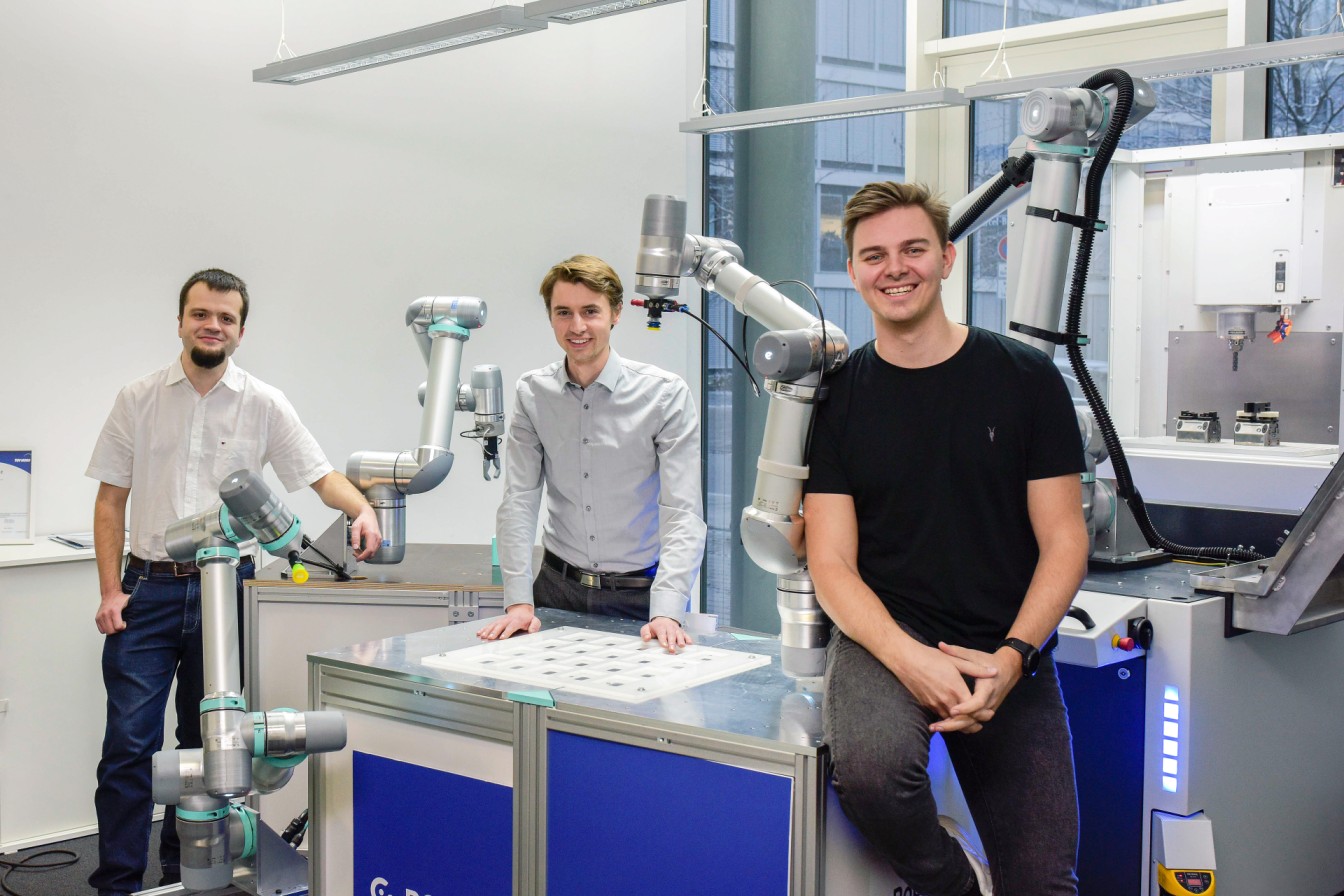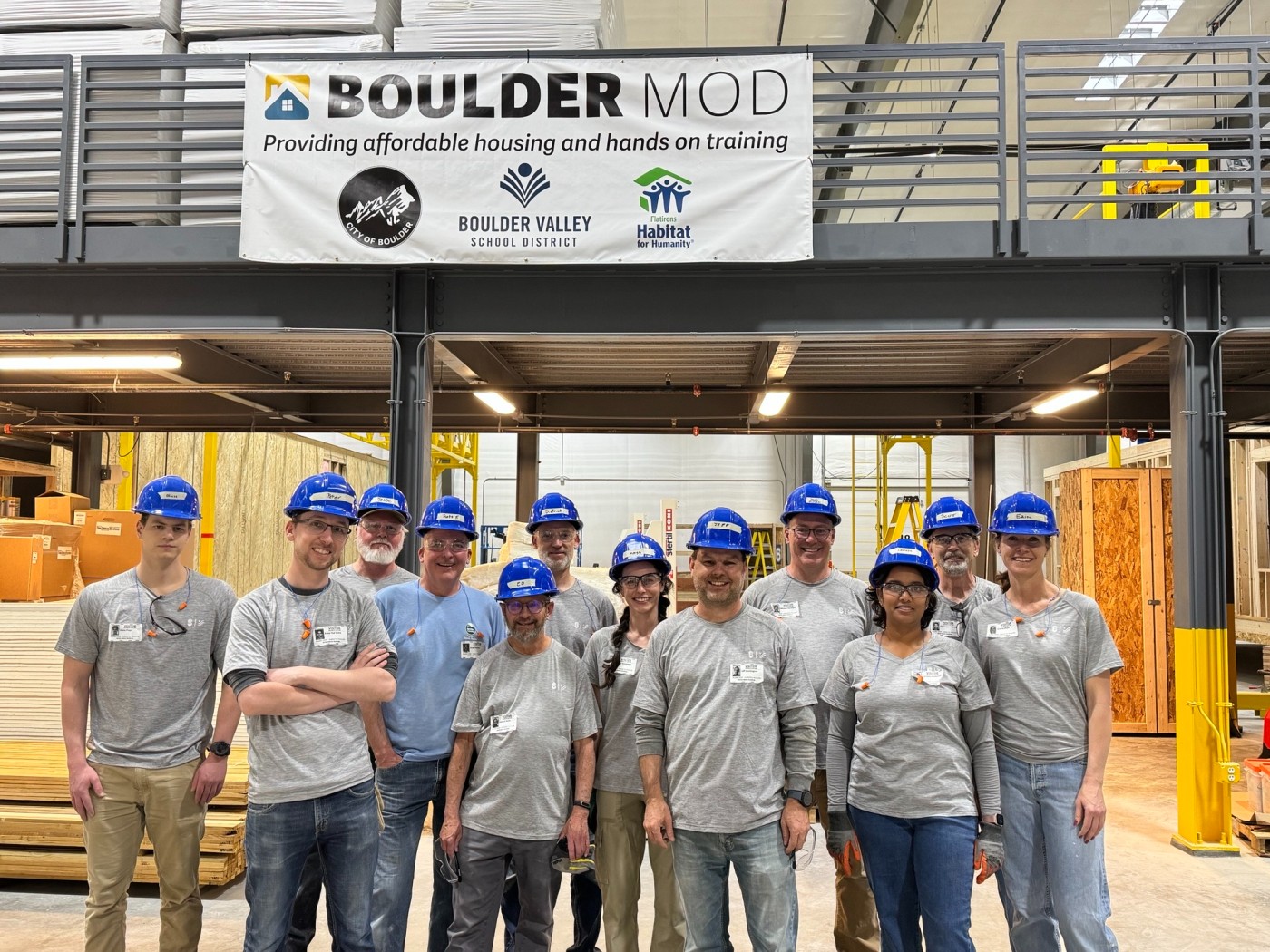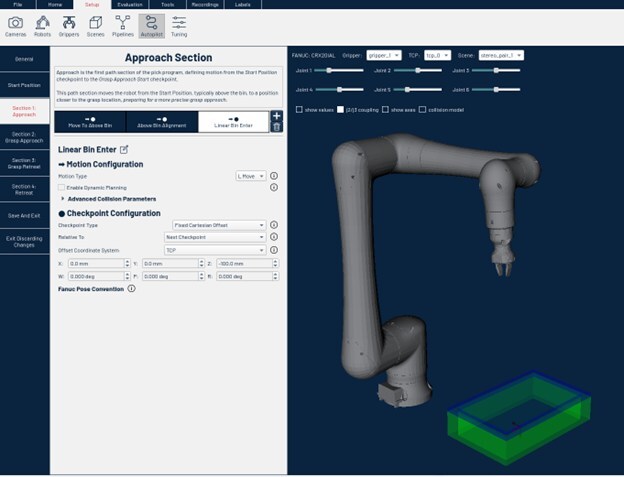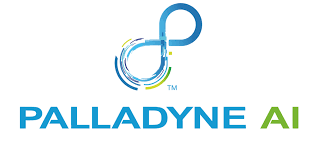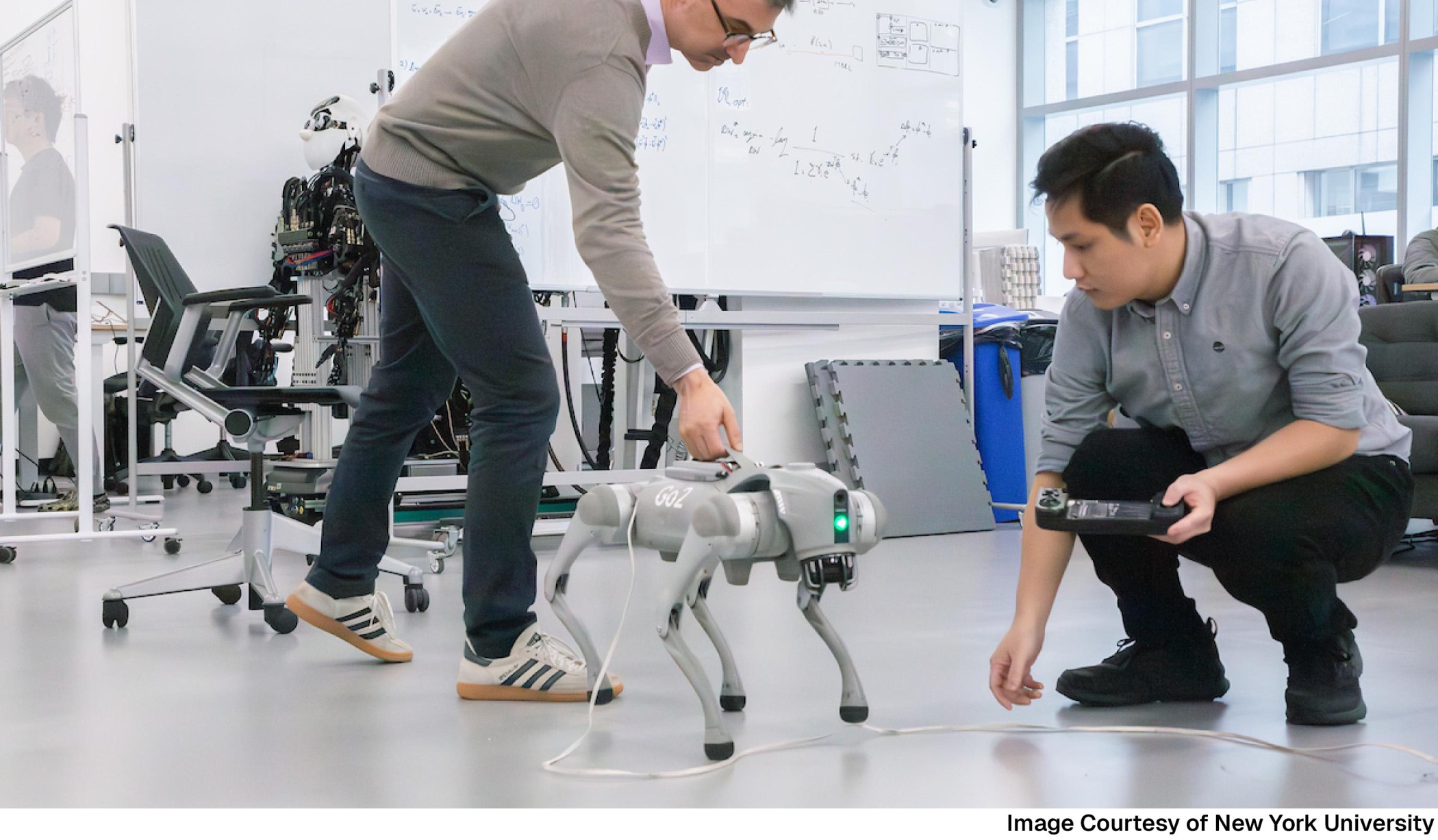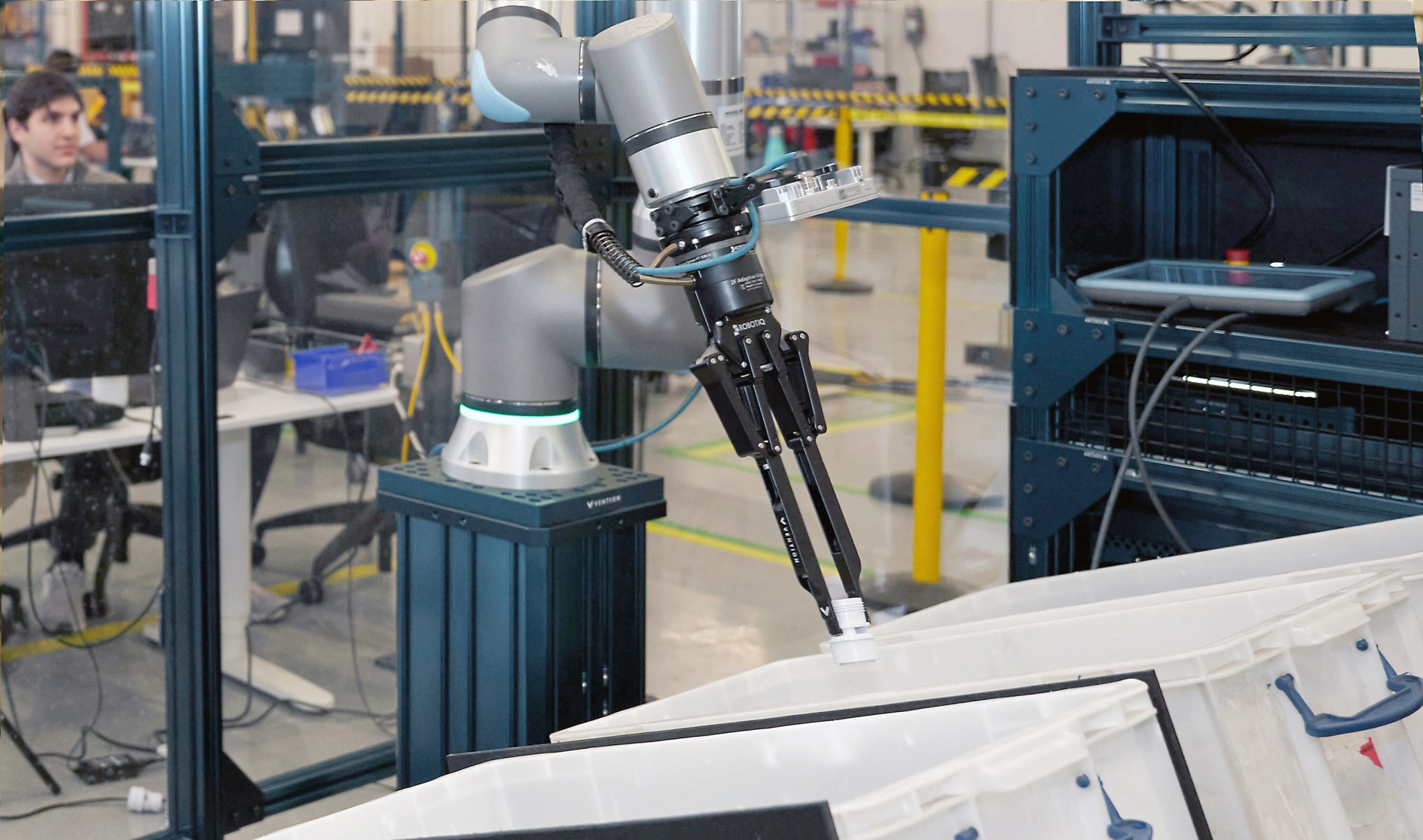First Ascent Biomedical Accelerates Personalized Cancer Treatment With 10-Day Functional Precision Medicine Platform
New live-cell testing, combined with genomics and AI, delivers rapid, evidence-based treatment insights that move oncology beyond population models and toward true individualized care.
Image Courtesy: Public Domain
In cancer care, every day that passes can cost a life. First Ascent Biomedical is racing against that clock. By testing a patient's live cancer cells outside the body, the company reveals how their unique biology responds to FDA-approved drugs and combinations before treatment begins, delivering personalized options in an average of ten days before cancer has a chance to advance.
The standard of care in cancer, adopted in the 1990s, is built on consensus based clinical research over large patient populations. However, if we know biologically each person is unique, then a consensus-based treatment plan may not work. DNA and RNA sequencing, biomarker identification, and targeted therapies began being offered to cancer patients in the late 1990s and early 2000s and can take weeks. Each patient's unique biology demands a personalized cancer treatment because cancer does not wait.
First Ascent Biomedical is changing this timeline. Its Functional Precision Medicine (FPM) platform combines functional drug validation, DNA/RNA sequencing, and AI providing personalized cancer treatment insights that have been previously unattainable. All the data starts with the patient, testing each individual's live cancer cells outside the body before treatment starts to see exactly how their tumor responds to FDA-approved drugs and combinations. These real-world biological results are then integrated with genomic sequencing and AI analysis to pinpoint the treatments most likely to succeed for that person's unique cancer biology, delivering actionable, personalized options in an average of ten days.
By bringing biology and genomics together, First Ascent Biomedical transforms consensus-based possibility into proof, helping oncologists choose the right treatment before cancer has a chance to advance.
"Cancer doesn't pause while we wait for lab results," said Jim Foote, co-founder of First Ascent. "So, we built a system that doesn't pause either."
Enhancing the Promise of Genomics
By testing a patient's live tumor cells against more than 150 FDA-approved drugs and combinations, we validate what drugs work, and which ones do not. When that data is integrated with DNA/RNA sequencing, First Ascent gives oncologists evidence they can act on, not just data to consider. (1) In doing so, it directly addresses the biggest questions physicians, hospital systems, and patients are asking in the era of precision oncology, the personalized data.
One of the most common and persistent misconceptions in oncology is that functional precision medicine replaces genomics. It does not. In fact, it combines the power of FPM, genomics, and AI. As First Ascent's Head of Commercial Operations, Andria Parks explains, "Genomics is the sheet music. Functional Precision Medicine is the orchestra, and AI is the conductor. Our platform brings the biology to life, showing how a patient's tumor actually responds to treatment, not just how it might respond on paper."
This is a crucial distinction for clinicians and institutions. Functional testing does not disrupt current workflows; it enhances them. Live-cell results can be reported alongside sequencing insights in a standard tumor board setting. This allows Oncologists to use functional data to prioritize therapies, avoid non-responders, and support off-label use with real-world tumor response evidence and data.
Fast, Scalable, and Validated
For years, FPM was considered too slow or too niche for widespread clinical use. That is no longer the case. Through automation, robotics, and proprietary cell enrichment technology, First Ascent's platform delivers results in a clinically actionable timeframe, an average of 10 days, fast enough to guide the next treatment decision and precise enough to provide:
- Validated response improvement: 83% of patients responded better to treatments identified through FPM. (1)
- Durability of response: Patients remained cancer-free 8.5 times longer compared to their previous therapies. (1)
- Clinical readiness: All testing is performed under CLIA-certified lab conditions and validated in peer-reviewed publications, including Nature Medicine. (1)
This combination of speed, precision and validation allows oncologists to move beyond probabilities and population-level, consensus-based models alone. With First Ascent's AI-driven analysis, they now gain access to real-time drug sensitivity data synthesized with genomics and prior clinical knowledge to surface optimal treatments faster than ever before.
Speed Improves Outcomes
The impact for patients is significant: fewer side effects from ineffective drugs, fewer months lost to trial-and-error, and more time to act while the disease is still controllable. For families, faster insights mean more moments together, more confidence in treatment decisions, and more hope, even in the hardest cases.
Take Logan, a young patient whose cancer defied standard treatments. His tumor showed no clear genetic path forward. But when his live cells were tested through First Ascent's platform, an unexpected drug combination emerged, one not indicated by genomics alone. With that functional evidence in hand, his care team made an immediate switch, while eliminating a drug that was ineffective but potentially very damaging to his body. Today, Logan is healthy, active, and cancer-free. (2)
And FPM is no longer a tool just for patients at the end of the road. Increasingly, physicians are leveraging the platform at first relapse, using it to avoid wasted time and prevent irreversible progression. (3)
Powered by AI, Built for the Future
AI plays a vital role in making FPM both powerful and scalable. By integrating functional drug-response data with DNA/RNA data, AI can:
- Rank likely responders
- Predict resistance patterns
- Discover new drug combinations
- Identify biomarkers to guide future care
"As our dataset grows, so does our platform's intelligence and our ability to help physicians make smarter, faster decisions across more tumor types and care settings," said Andria Parks, Head of Commercial Operations at First Ascent Biomedical. "We're making functional precision oncology accessible to every patient, everywhere by bringing personalized, evidence-based insights to the point of care when time matters most."










